
This article is based on ideas originally published by VoxEU – Centre for Economic Policy Research (CEPR) and has been independently rewritten and extended by The Economy editorial team. While inspired by the original analysis, the content presented here reflects a broader interpretation and additional commentary. The views expressed do not necessarily represent those of VoxEU or CEPR.
Read More
This article is based on ideas originally published by VoxEU – Centre for Economic Policy Research (CEPR) and has been independently rewritten and extended by The Economy editorial team. While inspired by the original analysis, the content presented here reflects a broader interpretation and additional commentary. The views expressed do not necessarily represent those of VoxEU or CEPR.
Read More
Shinsegae and Shilla File Rent Adjustment Petitions in Court Incheon Airport Corporation Maintains Stance of Non-Attendance at Second Mediation Duty-Free Operators Warn of Inevitable Withdrawal if Talks Collapse Incheon Ai
Read More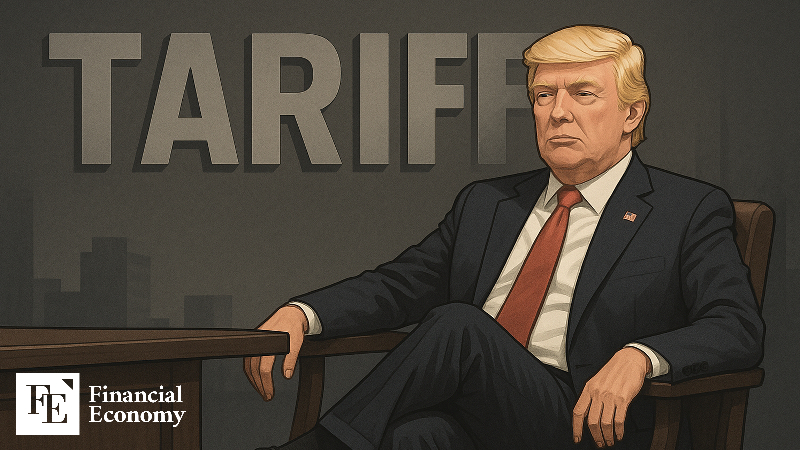
The walls go up, the costs rise high, While buyers ask the reason why. The goods remain, but fewer people choose them. When tariffs leave them bound to lose. As President Trump ramps up his latest round of tariffs, concerns over their far-reaching consequences are intensifying. Countries that have yet to strike trade agreements with the United States, such as Canada, Mexico, and Brazil, are bracing for the fallout.
Read More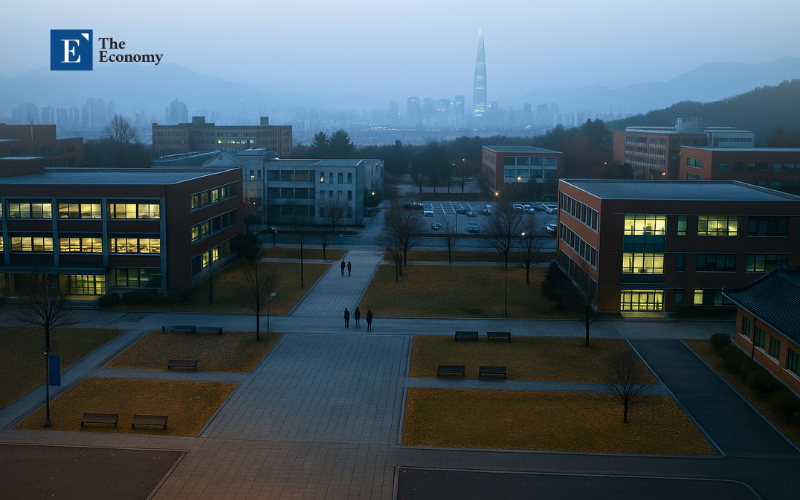
This article was independently developed by The Economy editorial team and draws on original analysis published by East Asia Forum. The content has been substantially rewritten, expanded, and reframed for broader context and relevance. All views expressed are solely those of the author and do not represent the official position of East Asia Forum or its contributors.
Read More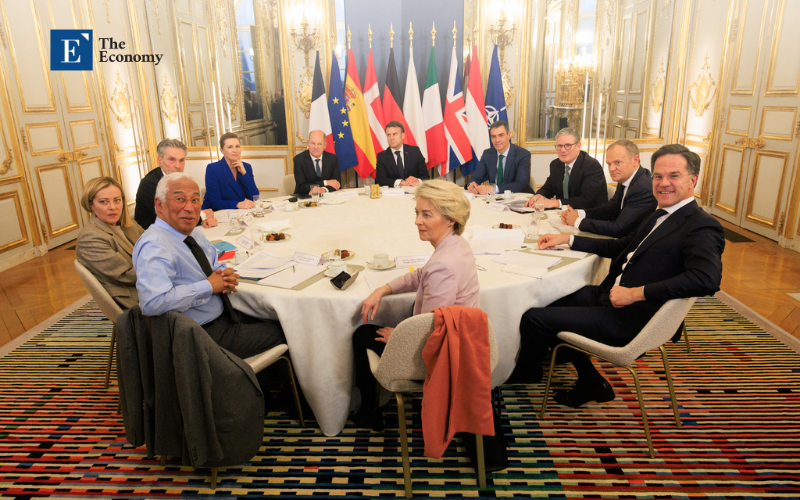
This article is based on ideas originally published by VoxEU – Centre for Economic Policy Research (CEPR) and has been independently rewritten and extended by The Economy editorial team. While inspired by the original analysis, the content presented here reflects a broader interpretation and additional commentary. The views expressed do not necessarily represent those of VoxEU or CEPR.
Read More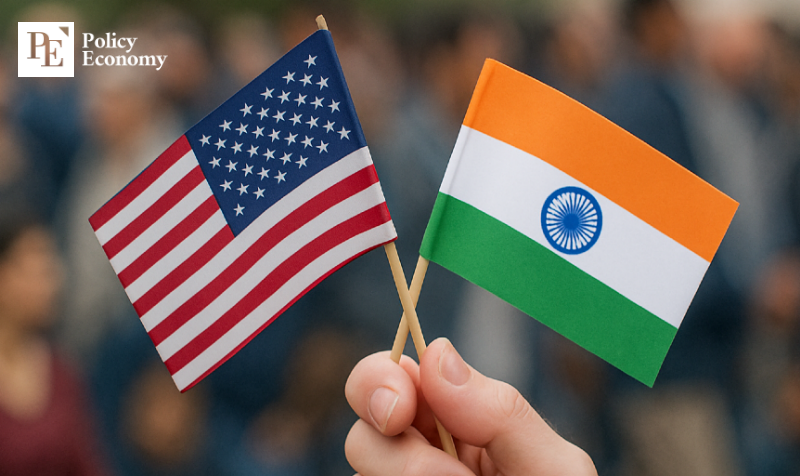
“One of the Worst Trade Barriers, Barely Any Trade with the U.S.” “Most Military Purchases from Russia,” He Points Out Sharpest Tariff Yet Signals Possible Delay in Negotiations U.S.
Read More
This article was independently developed by The Economy editorial team and draws on original analysis published by East Asia Forum. The content has been substantially rewritten, expanded, and reframed for broader context and relevance. All views expressed are solely those of the author and do not represent the official position of East Asia Forum or its contributors.
Read More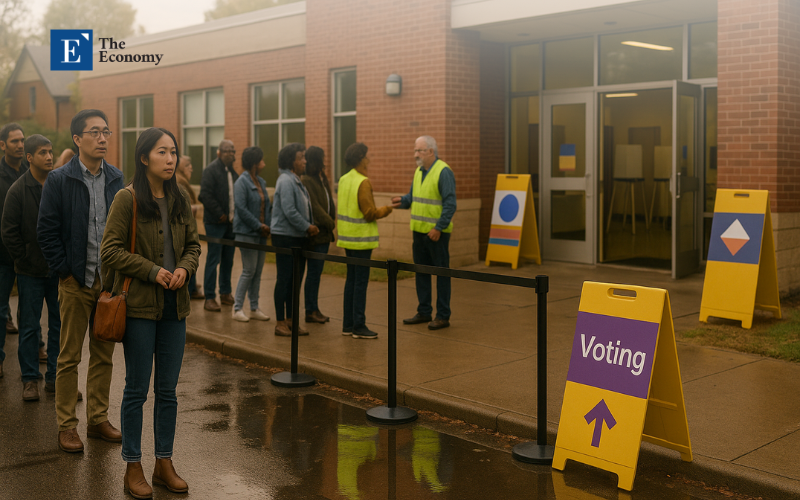
This article was independently developed by The Economy editorial team and draws on original analysis published by East Asia Forum. The content has been substantially rewritten, expanded, and reframed for broader context and relevance. All views expressed are solely those of the author and do not represent the official position of East Asia Forum or its contributors.
Read More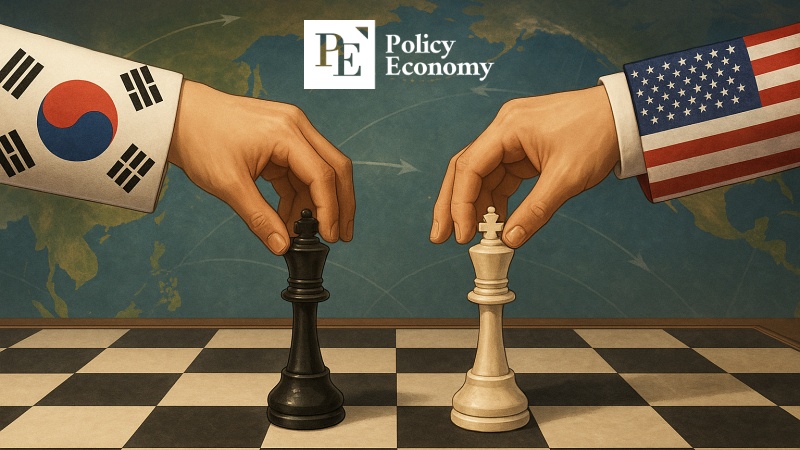
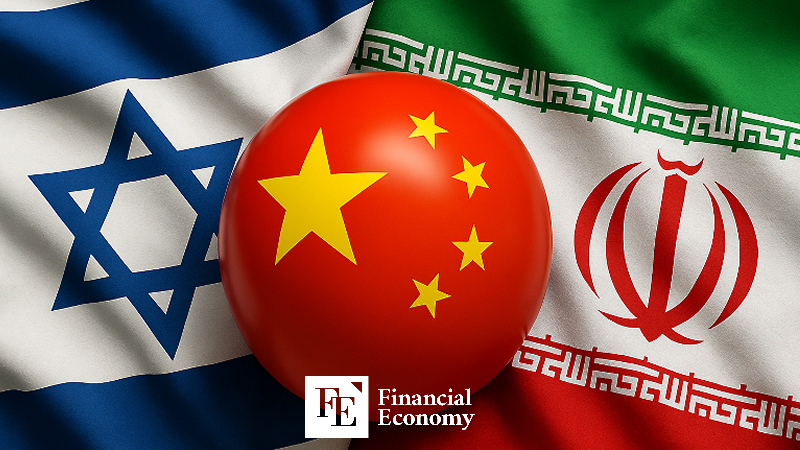
No GPS trust. No U.S. signals. Jammed launches, stranded ships, compromised sites. Iran courts Beidou to escape surveillance and regain control. In a move that highlights the geopolitical fault lines in modern technology, Iran has officially abandoned the U.S.-led Global Positioning System and instead turned to China’s Beidou satellite network.
Read More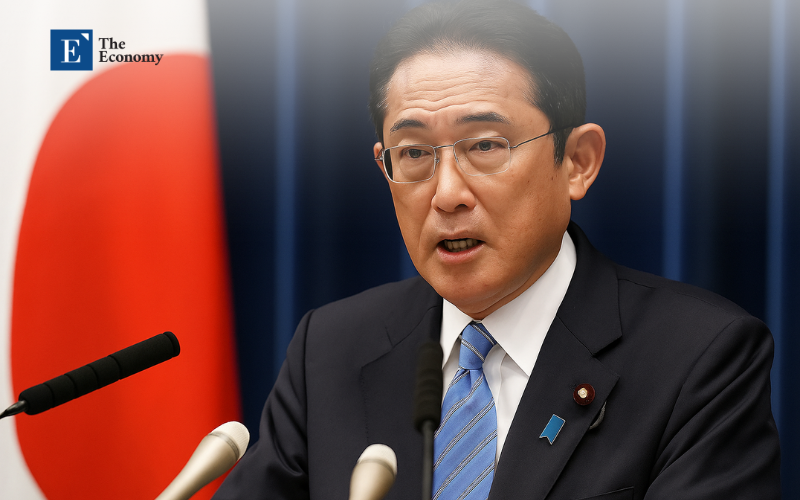
This article was independently developed by The Economy editorial team and draws on original analysis published by East Asia Forum. The content has been substantially rewritten, expanded, and reframed for broader context and relevance. All views expressed are solely those of the author and do not represent the official position of East Asia Forum or its contributors.
Read More
This article is based on ideas originally published by VoxEU – Centre for Economic Policy Research (CEPR) and has been independently rewritten and extended by The Economy editorial team. While inspired by the original analysis, the content presented here reflects a broader interpretation and additional commentary. The views expressed do not necessarily represent those of VoxEU or CEPR.
Read More
"Hiring Foreign Workers Reduces Jobs" Gains TractionUniversities Alarmed by Potential OPT Elimination
Read More
This article was independently developed by The Economy editorial team and draws on original analysis published by East Asia Forum. The content has been substantially rewritten, expanded, and reframed for broader context and relevance. All views expressed are solely those of the author and do not represent the official position of East Asia Forum or its contributors.
Read More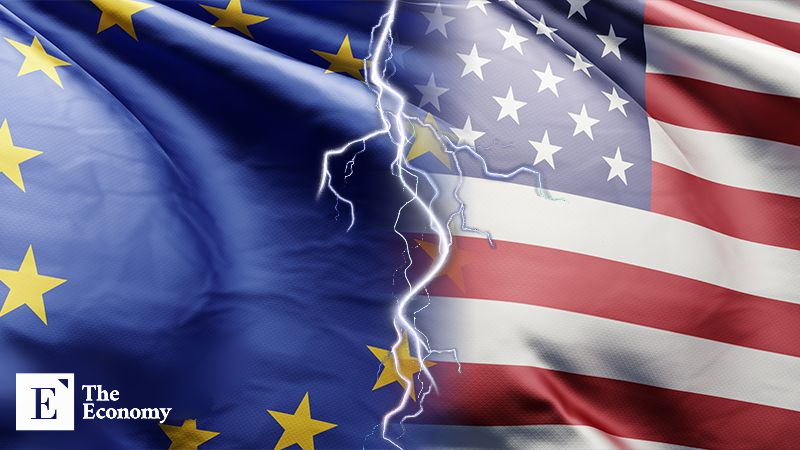
EU agrees to lower tariffs by pledging large-scale purchases of U.S.
Read More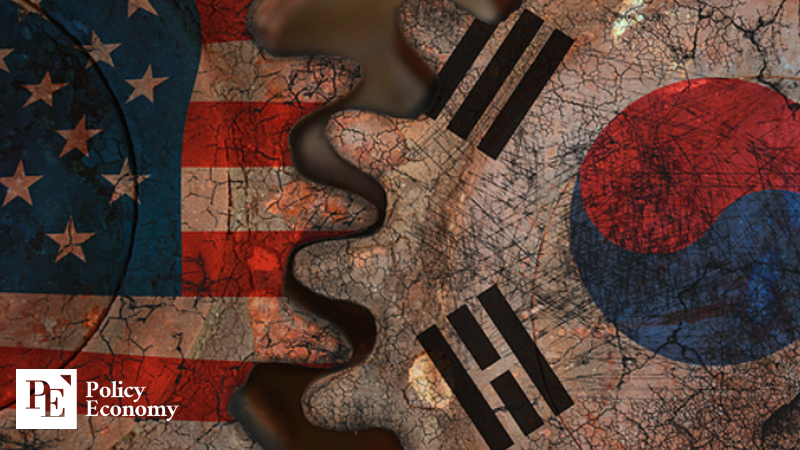
Budget Constraints Hamper Negotiations Coordinated Response from Government and Industry Mounting Pressure on Corporations Sparks Accusations of Coerced Relocation U.S.
Read More
Trump Shares Details of Calls with Both Leaders on Social Media “No Trade Talks with Warring Nations,” He Warns CNN: “Proxy Clash Between U.S.
Read More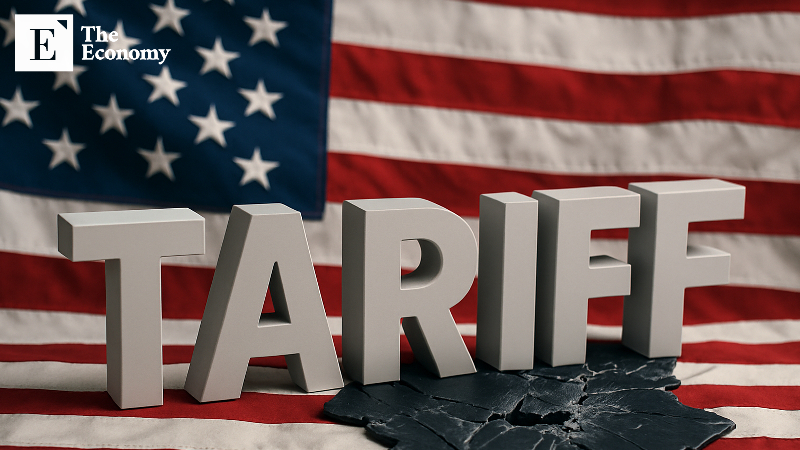
A few lines sketch the battlefield: China dodges walls by rerouting trade. America sharpens rules before drawing the line. What begins with tariffs may end with trust broken. A critical phase of U.S. trade policy is unfolding. Washington is nearing the completion of its most comprehensive tariff review in years, and all eyes, especially those of China, are on what remains to be finalized. Only a few nations are left on the list, but the implications are already global. This isn’t just about customs rates.
Read More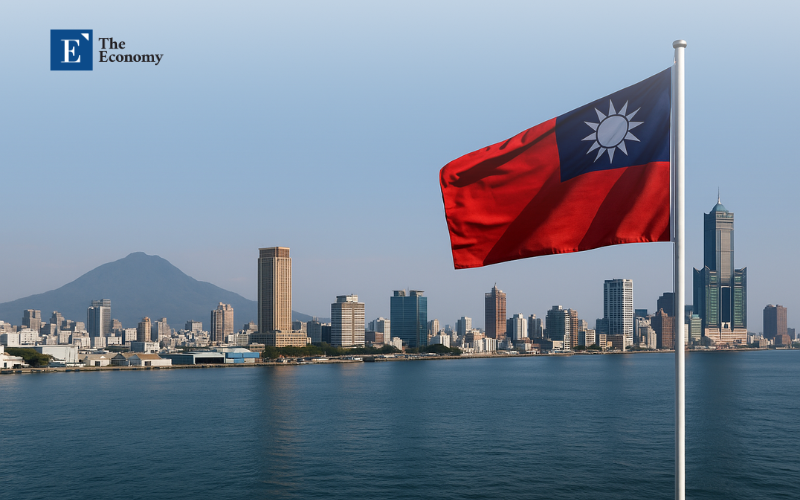
A pledge is uncertain. Japan’s priorities do not always align with those of Trump. USD 550 billion may not go where America expects. In the swirl of post-summit declarations and high-stakes trade commitments, former President Donald Trump announced a headline-grabbing figure: Japan would be investing $550 billion in the United States' economy at his direction. But behind the theatrics, the deal is far from secure.
Read MorePagination
- First page
- Previous page
- …
- 4
- 5
- 6
- …
- Next page
- Last page











